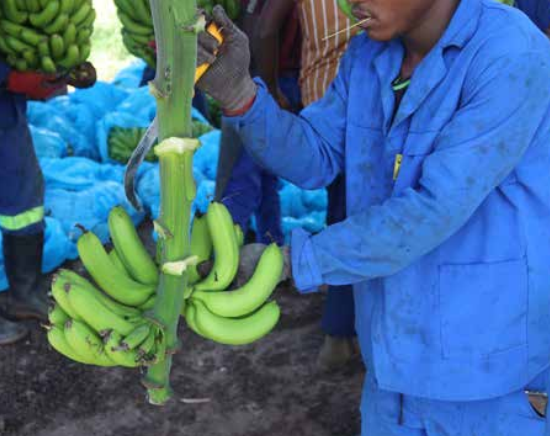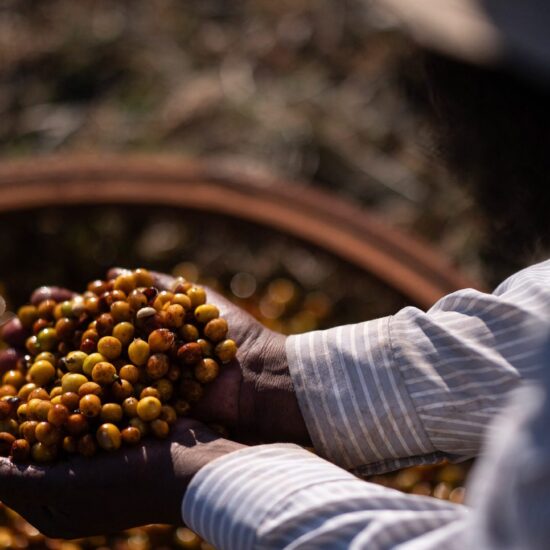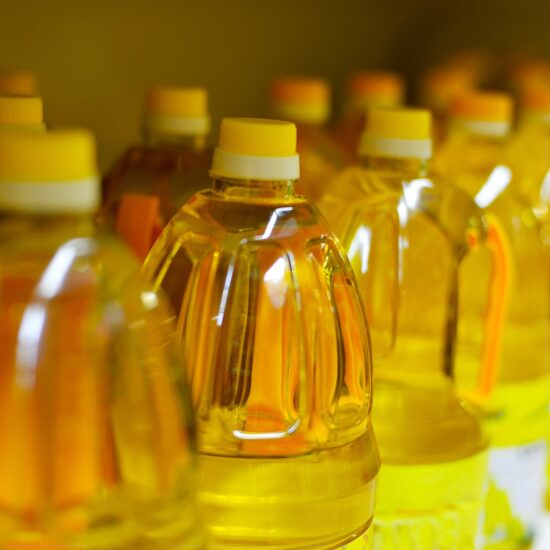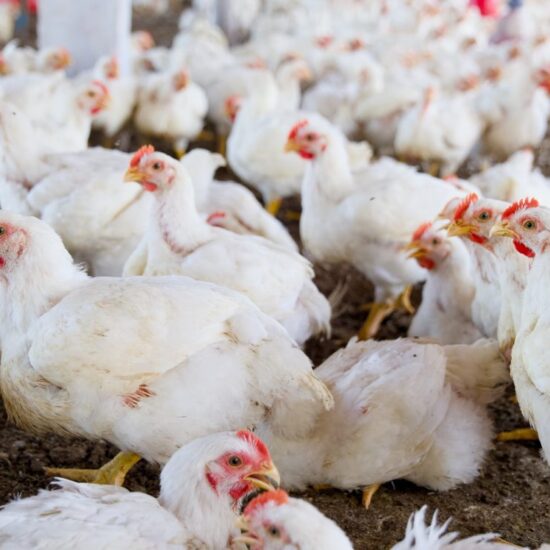
Zambia’s Agro production is aggressively expanding with stakeholders calling for sustaining of these growth rates which will see the country becoming a notable agro production giant in the region.
The Tobacco Board of Zambia-TBZ has confirmed that Tobacco production in Zambia has increased by about 50% from 30 million kilograms (Kgs) last year 2019/2020 agricultural season to 45 million kgs this year’s 2020/2021 season.
With sustained cumulative annual growth rates of over 30% year on year and value addition to improve export prices, this crop can deliver over US$1 billion in forex earnings for the country and become a notable success story of Zambia’s economic diversification.
TBZ Chief Executive Officer-CEO James Kasongo said there was a lot of private sector investment in tobacco last year adding that the industry has new entrants who all invested heavily in terms of promoting out-grower tobacco production at community level as they have increased the number of tobacco growers in response to the demand.
Kasongo said the conducive environment and weather has also made it possible for farmers to increase production and the new Act that the Ministry of Agriculture is working on will only compliment and help realise the country’s vision of improving the tobacco industry.
TBZ has attributed the increase in tobacco production to the high demand on the international market. Kasongo told ZBT that this increase in production will earn the the much needed country foreign exchange and contribute as the tobacco produced in Zambia is mostly destined for the export market.
Speaking in an exclusive interview with the Zambian Business Times-ZBT, Kasongo said 90% of the tobacco produced in Zambia is exported, which means that export prices will be able to support local farmers to get better prices. He added that the quality of tobacco produced this year is also very good, meaning that farmers will get better prices after its graded.
“Before, it was very difficult for you to trace tobacco from a farmer up to the market and that way Zambia was sometimes losing tobacco to neighboring countries through vending and site selling, but now we have put in place an electronic system that can trace a farmer from production to marketing. The booking system is also electronic meaning, whatever crop of tobacco is produced in Zambia is not pilfered out to other countries”, he said
He said the good quality crop has also contributed to the high prices with the average price being US$2.40 per kg for flue cured Virginia tobacco and the highest being US$5. Air cured barley tobacco going at US$1.68 per kg. So, there is need for stakeholders to provide solutions to improving tobacco curing for local farmers.
He noted that TBZ worked together with various companies and intensified training for local farmers on how to grade tobacco, which can help them increase on the quality and therefore revenue earned from tobacco sales as well as the attentiveness on the curing of tobacco.
Kasongo told ZBT that the board together with its stakeholders has been working on the use of improved technology in terms of curing tobacco, which does not require the use of timber but instead uses coal and electricity and has adopted efficient curing facilities called rocket barns from neighboring Zimbabwe, which has contributed to improved quality of curing and reducing on environmental degradation.
He added that there is need to ensure that stakeholders together with government come up with suitable and modern legislation, which should be very competitive compared to Malawi, Zimbabwe and other countries in order to attract more investments so that the country can increase the forex generated from exports of this crop.
“If we have a very competitive legislation it means that we are going to have a lot of investors such as large scale buyers and global traders who are going to come in in terms of funding outgrower schemes, purchasing of tobacco, in terms of processing and that’s going to pull up production”, he said.
Kasongo said there is need to encourage local farmers to enter into irrigated tobacco growing which will help them escape the effects of adverse weather in case there is a drought as well as increase productivity.
When asked about which regions and areas recorded the highest production of tobacco, Kasongo stated that Eastern Province was number one (1), followed by Western, Central, Southern, Lusaka, Muchinga, North-Western with Copperbelt being the last. Luapula and Northern provinces are currently not active producers.







